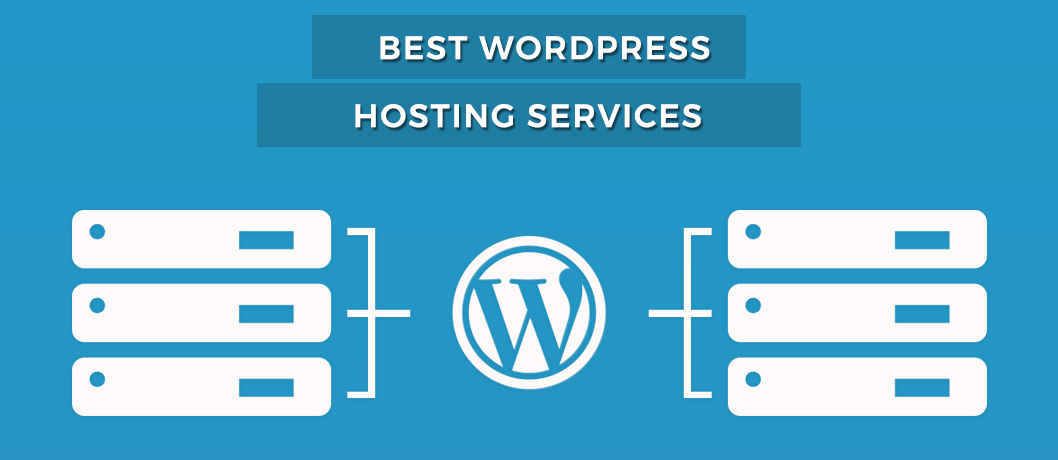Managed or Shared? Let’s Choose the Best WordPress Hosting

There is nothing more important for a website than hosting. It often determines the quality of UX, uptime, and many other crucial aspects of website’s functionality and efficiency. In order to make sure that your website works as intended and attracts as many people as possible, you need to learn how to choose the right type of hosting.
There are two main types of hosting:
- There is no cheaper option and its allows you to quickly establish a very simple yet effective website that will operate at a very low maintenance cost.
- This is a service aimed at a specific demography. WordPress is not a simple structure and it needs some fine-tuning on the server side to work at its fullest capacity. Managed hosting services provide just that – customization and optimization.
One of the problems relevant to users of shared hosting is that they usually allow several users to occupy a single server. The amount of concurrent server users can reach thousands. This may lead to a problem if one of “neighbors” creates problems that affect the whole server. Everything is limited – memory, disk space, processor load, etc.
Server crashes affect all users. Imagine a situation when a single website is under some heavy pressure from social media. This may crash not only the target website, but also all its “neighbors”. As a user of a shared hosting, you are often dependent on others and do not have the whole range of tools to control your own destiny.
Benefits of Managed Hosting
There are several key advantages to working with a managed hosting service provider.
Here they are:
- High speeds. Servers themselves are optimized to work well with WordPress and allow for a perfect environment for advanced users who want to attach more plugins and modules. At the same time, you don’t have to share the space with other applications that may hinder the speed of the server by employing vastly different apps and platforms. The load speed of a WP website on a specialized hosting can be decreased by 1-2 seconds easily.
- Better security. Most hosting providers regularly check their servers and search for cyber threats. However, it is much harder when you have a thousand users operating simultaneously and running all sorts of software. There are simply too many weaknesses. Managed hosting is a completely different beast. You will have a very high level of security that will cover all our vulnerabilities.
- Backups. Some users think that having a backup of a website is not that big of a deal. The reality is that you need to store backups and preferably even multiple backups. Shared hosting users do not have a luxury to store a backup on a completely different machine. At the same time, making a backup manually is a long process. Automated backup from a managed hosting is a much more convenient choice.
- Updates are automatic. You won’t need to update your version of WP and can simply wait for the service to do it for you. Important upgrades and security updates are being released constantly and staying ahead of the pack in this regard is quite important.
- Responsive customer and technical support. While most shared hosting providers try their best to offer a very high level of technical support, the vast majority of users does not have a personal manager and quick responses from the staff. Users of managed hosting services often enjoy a much better support.
- Stability and uptime. Managed hosting is something that provides you with really high uptime numbers and allows for scalability. These are most important qualities for an e-Commerce project or a web service. You need to be able to grow your architecture and capacity while ensuring that your website is always accessible.
Downsides of Managed Hosting
While the amount of benefits may easily outweigh all negatives, such negatives do exist and should be taken into consideration. You simply must know what kind of pitfall may be waiting for you in the future.
- The price is high. One of the obvious downsides is the price tag that can impress even those with seemingly large budgets dedicated to their online affairs. Some plans may cost up to several hundred dollars per month and more. The lowest possible price is around $30. A good option will cost you at least a couple of hundred bucks.
- Some plugins may not be usable. While optimized servers will allow for some really important plugins, some of them may not be allowed. There are many hosting service providers who have very strict rules in terms of which plugins can or cannot be used.
- The infrastructure is rigid. You won’t be able to enjoy the same level of flexibility that many users of shared hosting can brag about. This is a problem if you want something other than a WordPress blog.
The Conclusion
It may seem that for WordPress users a managed hosting is a no-brainer, but the reality is slightly more complicated. You can choose from a wide selection of various hosting options and find a solution that will fit your goals perfectly.





